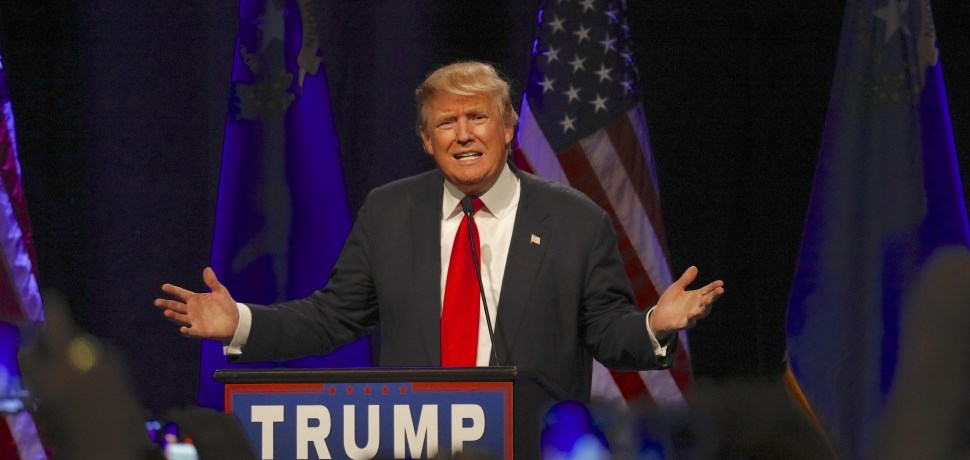Donald Trump’s return to the White House as the 47th US President marks a unique moment in US politics. He becomes only the second president to win non-consecutive terms in office. The last time this occurred was in 1897.
Trump’s Historic Return: What It Means for U.S. Politics
After a hard-fought election, President Trump’s win brings a renewed focus on his promises to the American people, such as boosting the economy, supporting American enterprise, and tightening border security. His victory reflects strong support from a large base of voters, owing to the current challenges facing the country, from economic issues to international relations. Trump’s second term is expected to shape the future of US policies at home and abroad during a time of major change.
Economic Impacts: How Markets Reacted to Trump’s 2024 Win
US markets reacted strongly to Trump’s victory, which was driven by his promises of tax cuts, reduced regulation and import tariffs. The S&P 500 gained 2.5% to a new record high, and the US dollar saw its best day since 2022. Bitcoin also soared, following Trump’s election promise to prioritise the volatile crypto currency.
Sector Breakdown: Winners and Losers in Trump’s Second Term
The “Trump Trade” was in full swing on Wednesday as markets began to price in what a Trump presidency might mean for markets. Shares of Tesla gained almost 15% as Donald Trump hailed Elon Musk as a genius in his victory speech. Investors are betting on the fact that their close relationship will turn into something positive for Tesla. The banking sector saw gains due to Trumps promise of less regulation and lower taxes which will point to stronger growth. US small caps also rallied on the news as Trump’s protectionist stance will help shield these companies from foreign competition.
Emerging Market Challenges: Ripple Effects of U.S. Policy Shifts
However, it was not so rosy for all sectors. Healthcare, utilities and clean energy stocks came under heavy selling pressure as Trump’s policies point to a less favourable environment for these sectors. Emerging markets (EMs) also reacted negatively to the Republican Party's domination, as the dollar’s surge did not bode well for EM currencies. The clean sweep for the Republican Party led to a bond sell off resulting from higher yields. These rapid movements have negative implications for EMs such as South Africa as the US budget deficit will become even larger. This will in turn lead to higher financing costs for corporates and reduced private sector spending.
Forecasting the Stock Market’s Future Under Trump
The immediate effects of the election were seen on Wednesday, with a rapid rally in the equity market, one that may still have legs given President Trump’s proposed policies. The general sentiment is that Trump’s policies may continue to be inflationary and may therefore reduce the speed at which the Federal Open Market Committee (FOMC) cuts interest rates. However, the long-term impact on the stock market tends to be more closely related to economic fundamentals and corporate earnings






